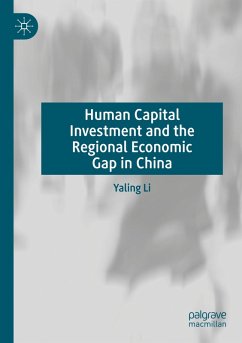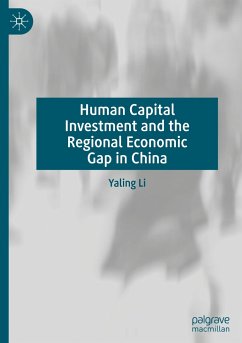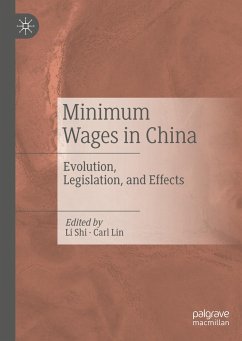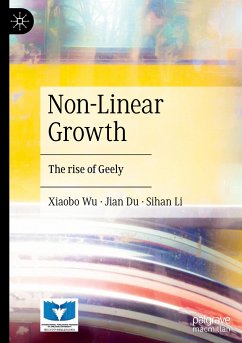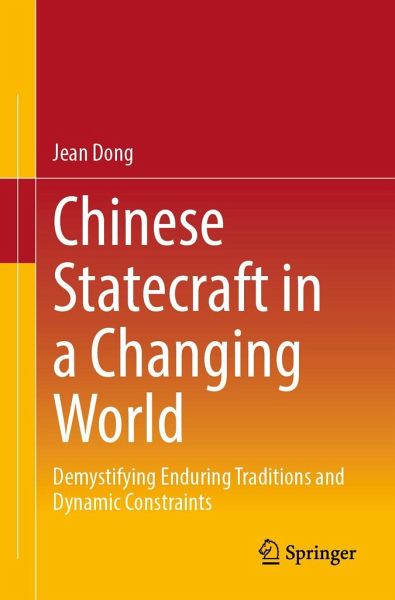
Chinese Statecraft in a Changing World
Demystifying Enduring Traditions and Dynamic Constraints

PAYBACK Punkte
14 °P sammeln!
This book addresses one of the most pressing geopolitical inquiries of our era: how will China's ambition manifest on the global stage? To address this question, the book considers China's long tradition of statecraft. By doing this, it provides a unique and novel insight into the "why" behind China's actions and sparks a crucial dialogue on "how" to best navigate China's global rise.Through a keen analytical lens, the book illuminates both the constraints and the flexibility inherent in Chinese policy-making. It underscores the geographic and historical factors that constrain China's actions,...
This book addresses one of the most pressing geopolitical inquiries of our era: how will China's ambition manifest on the global stage? To address this question, the book considers China's long tradition of statecraft. By doing this, it provides a unique and novel insight into the "why" behind China's actions and sparks a crucial dialogue on "how" to best navigate China's global rise.
Through a keen analytical lens, the book illuminates both the constraints and the flexibility inherent in Chinese policy-making. It underscores the geographic and historical factors that constrain China's actions, forcing its leaders into trade-offs. It also highlights the system's inherent flexibility, expanding the range of strategic options available when dealing with China. The most unique contribution consists in framing the pre-occupations of contemporary China in the context of both long-standing Chinese trends and unprecedented global changes.
This book offers a nuancedand realistic guide for senior policy makers, business leaders, academic researchers, and global citizens who seek to decipher the enigma of China's ascent and channel its trajectory towards a more positive and responsible direction.
Through a keen analytical lens, the book illuminates both the constraints and the flexibility inherent in Chinese policy-making. It underscores the geographic and historical factors that constrain China's actions, forcing its leaders into trade-offs. It also highlights the system's inherent flexibility, expanding the range of strategic options available when dealing with China. The most unique contribution consists in framing the pre-occupations of contemporary China in the context of both long-standing Chinese trends and unprecedented global changes.
This book offers a nuancedand realistic guide for senior policy makers, business leaders, academic researchers, and global citizens who seek to decipher the enigma of China's ascent and channel its trajectory towards a more positive and responsible direction.





